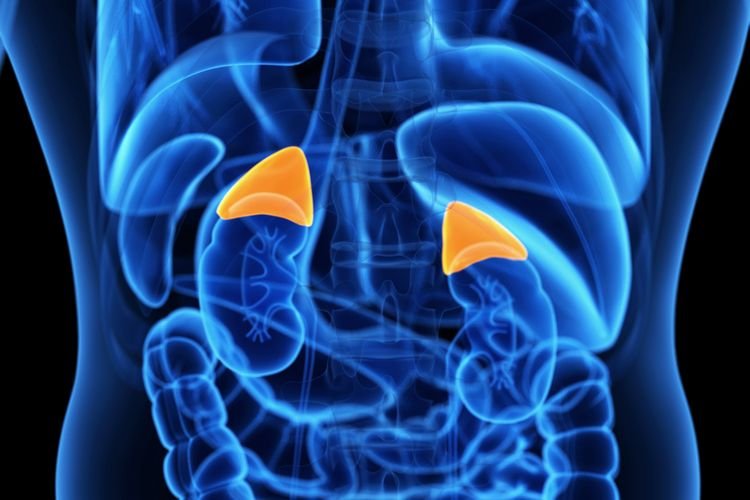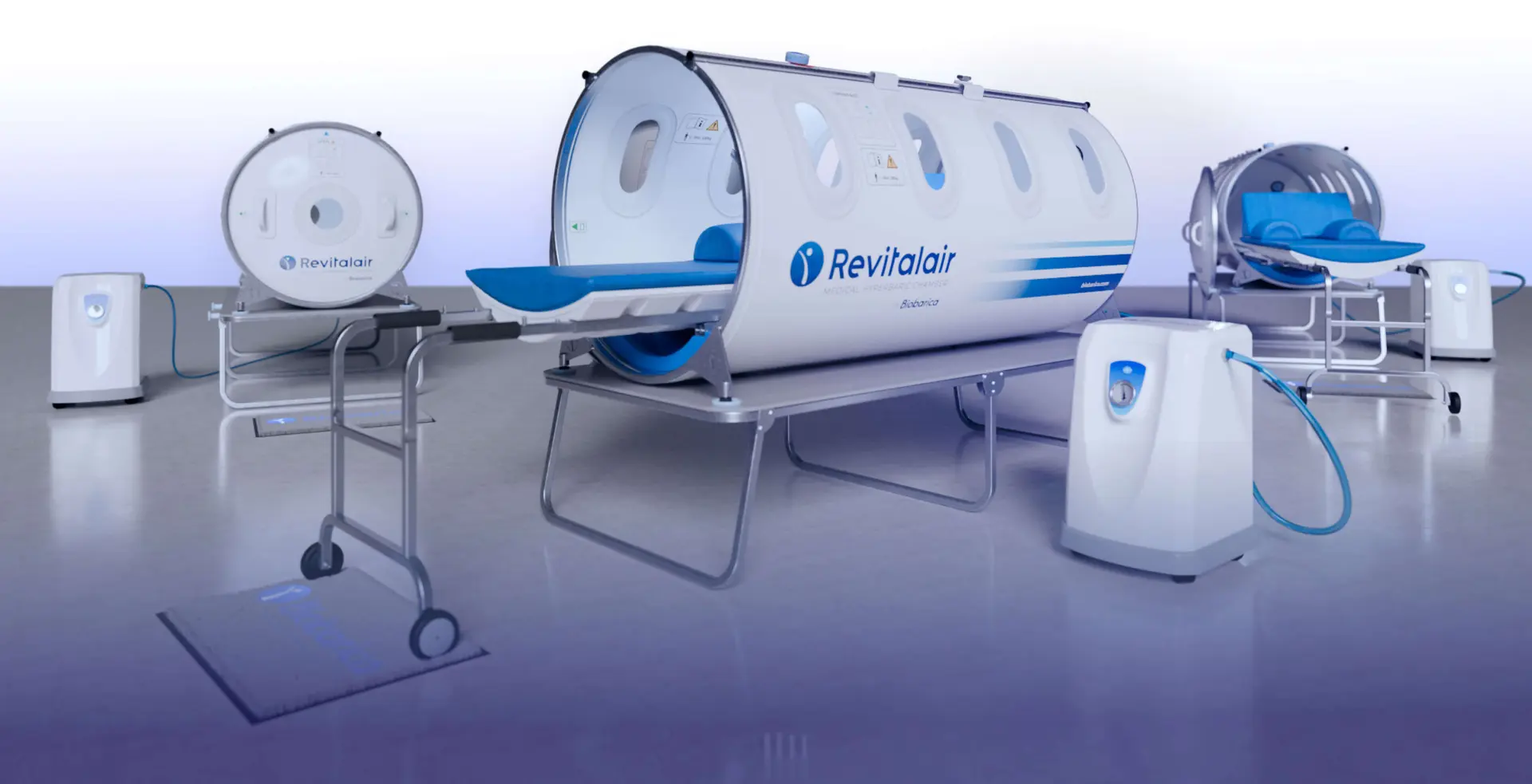The adrenal glands sit on top of the kidney and receive input from the pituitary. They are the leading producers of adrenaline and cortisol, necessary for a healthy stress response. Unfortunately, over time, usually due to chronic stress, toxicity exposure, and other factors, these glands can become stressed and either produce too much cortisol or too little. This is often the cause of either unexplained weight gain or weight loss.
Adrenal dysfunction is often misdiagnosed by conventional medicine, and, as a result, antidepressants, antianxiety medicine, and thyroid medicines are inappropriately prescribed. Unfortunately, these medicines either have no effect or worsen the situation, and the person may become more anxious or fatigued. Dr. Lam, MD, summarizes this process and the stages of adrenal fatigue here. Dr. Shallenberger, MD, who has been practicing Integrative Medicine for many years, also has a great presentation. See the video below:
Diagnosis
Adrenal fatigue is usually dismissed by conventional medicine. Most doctors are taught about the extremes of cortisol dysfunction, such as in Addison’s and/or Cushing’s disease, and therefore often overlook more functional problems of low cortisol. Patients who complain of chronic fatigue are often dismissed as lazy or depressed. The standard of care is to look for abnormal cortisol levels and other parameters in a blood test. Unfortunately, this testing often misses what is known as chronic hypocortisolism (low cortisol).
Functional testing for abnormal cortisol looks at saliva over 24 hours, which gives a more accurate representation of one’s daily cortisol production. 24-hour urine testing, fasting blood cortisol, DHEA-s, and insulin levels are good measurements and can determine if one is suffering from too high or too low cortisol.
Functional laboratory testing offers simplified, inexpensive, and standalone adrenal stress testing. The DUTCH test combines saliva hormone and cortisol testing for a more advanced evaluation.
Treatment
Many who suffer from low cortisol need advanced nutritional and dietary support. Herbal and/or adrenal glandular supports are sometimes necessary to support adrenal health until the body becomes more balanced. Low-dose hydrocortisone therapy is sometimes needed to support adrenal function if all else fails.
Those with too high cortisol production may benefit from calming herbs at certain times of the day, such as lavender and ashwagandha, as well as phosphatidylserine to lower cortisol levels.
If you suspect you have altered adrenal function, please contact our office for further evaluation and treatment.



